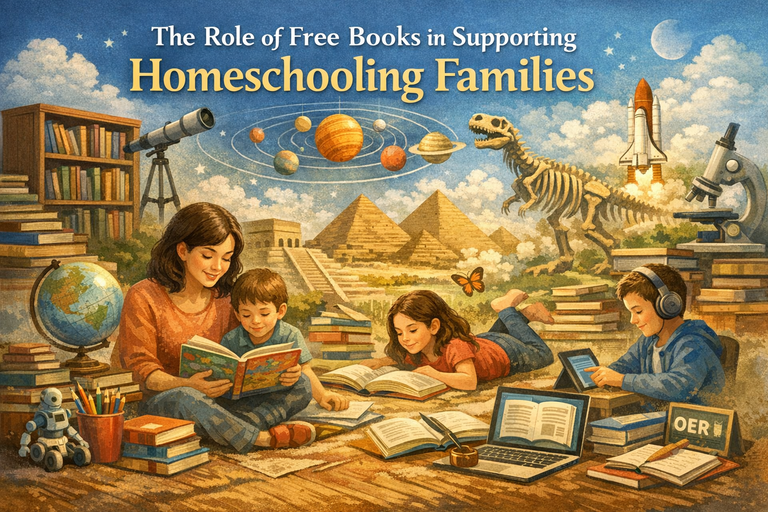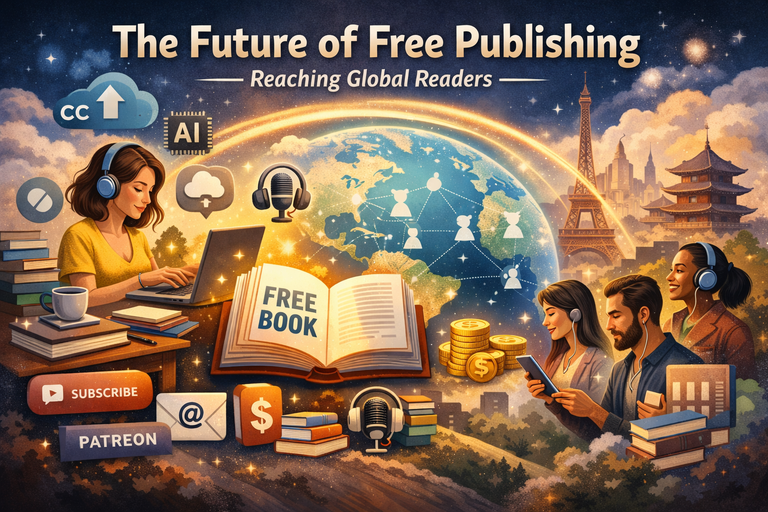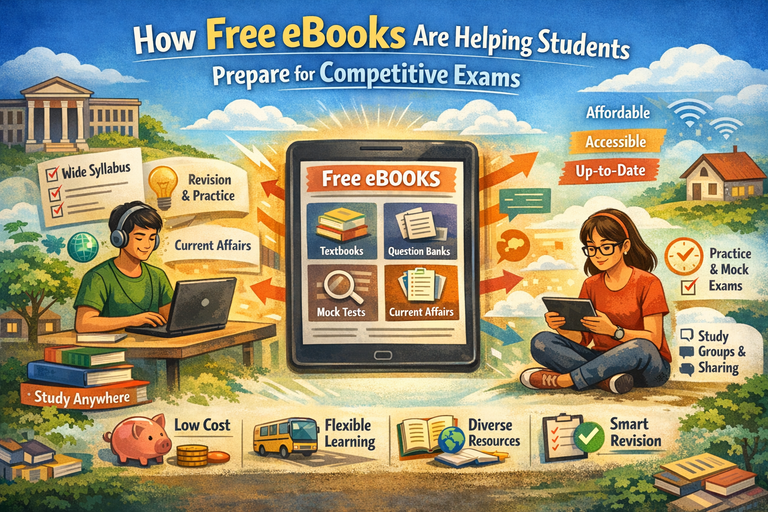The Future of Books in the Digital Age: Navigating the Evolution of Reading
In an era dominated by digital technology and instant access to information, the future of books is a topic of ongoing debate and speculation. As e-books, audiobooks, and digital reading platforms continue to gain popularity, traditional print books are facing new challenges and opportunities in the digital age. In this blog post, we'll explore the evolving landscape of reading and the future of books in the digital age.
Rise of E-Books and Digital Reading Platforms: The advent of e-books and digital reading platforms has revolutionized the way we consume and interact with written content. E-books offer readers the convenience of accessing a vast library of titles from anywhere, at any time, using devices such as e-readers, tablets, and smartphones. Digital reading platforms such as Kindle, Apple Books, and Google Play Books provide a seamless reading experience, with features such as adjustable font sizes, customizable layouts, and built-in dictionaries.
Accessibility and Inclusivity: One of the key advantages of e-books and digital reading platforms is their accessibility and inclusivity. Digital books can be easily customized to accommodate readers with visual impairments or learning disabilities, with features such as text-to-speech functionality, screen magnification, and dyslexia-friendly fonts. Digital books also offer the flexibility of adjusting font sizes, spacing, and colors to suit individual preferences, making reading more accessible to a diverse audience.
Multimedia Integration: The future of books in the digital age is not limited to text alone—multimedia integration is becoming increasingly common in digital books and e-readers. Enhanced e-books may include multimedia elements such as audio clips, video footage, interactive graphics, and hyperlinks to external content, providing readers with a more immersive and interactive reading experience. Audiobooks, in particular, have seen a surge in popularity, offering listeners the convenience of consuming books while on the go.
Emergence of Self-Publishing: The digital age has democratized the publishing industry, enabling aspiring authors to bypass traditional publishing houses and self-publish their books online. Platforms such as Amazon Kindle Direct Publishing (KDP), Smashwords, and Wattpad allow authors to publish and distribute their books digitally, reaching a global audience without the need for a literary agent or publishing contract. Self-publishing offers authors greater creative control, higher royalties, and the opportunity to experiment with new genres and formats.
Challenges Facing Traditional Print Books: Despite the rise of e-books and digital reading platforms, traditional print books continue to hold a special place in the hearts of readers around the world. However, traditional print books face new challenges in the digital age, including competition from e-books, declining book sales, and the rise of online retailers such as Amazon. Independent bookstores, in particular, have struggled to compete with online giants, leading to closures and consolidation within the industry.
Hybrid Models and Convergence: The future of books in the digital age may involve a convergence of print and digital formats, as publishers experiment with hybrid models that combine the best of both worlds. For example, some publishers offer "bundled" editions that include both a print copy and a digital copy of the same book, allowing readers to switch seamlessly between formats. Others offer print-on-demand services, allowing readers to order physical copies of books that are no longer in stock or out of print.
Sustainability and Environmental Impact: As concerns about climate change and environmental sustainability continue to grow, the publishing industry is facing pressure to reduce its carbon footprint and embrace eco-friendly practices. Digital books offer a more sustainable alternative to traditional print books, requiring fewer natural resources and producing less waste. However, digital technology also has its environmental costs, including energy consumption, e-waste, and the carbon footprint associated with data storage and transmission.
Cultural and Social Implications: The shift toward digital reading has significant cultural and social implications, impacting how we perceive, interact with, and value books and reading. While digital technology has made books more accessible and affordable to a global audience, it has also raised concerns about digital literacy, information overload, and the erosion of traditional reading habits. As we navigate the transition to a digital age, it is essential to preserve the cultural heritage and social significance of books and reading while embracing the opportunities afforded by digital technology.
In conclusion, the future of books in the digital age is a complex and multifaceted landscape, shaped by technological innovation, changing consumer preferences, and societal trends. While e-books and digital reading platforms offer unprecedented convenience and accessibility, traditional print books continue to hold cultural, social, and aesthetic value for many readers. As we look ahead to the future, it is important to strike a balance between embracing new technologies and preserving the timeless appeal of books and reading in all its forms. Ultimately, the future of books lies in our ability to adapt, innovate, and celebrate the enduring power of storytelling in the digital age.






